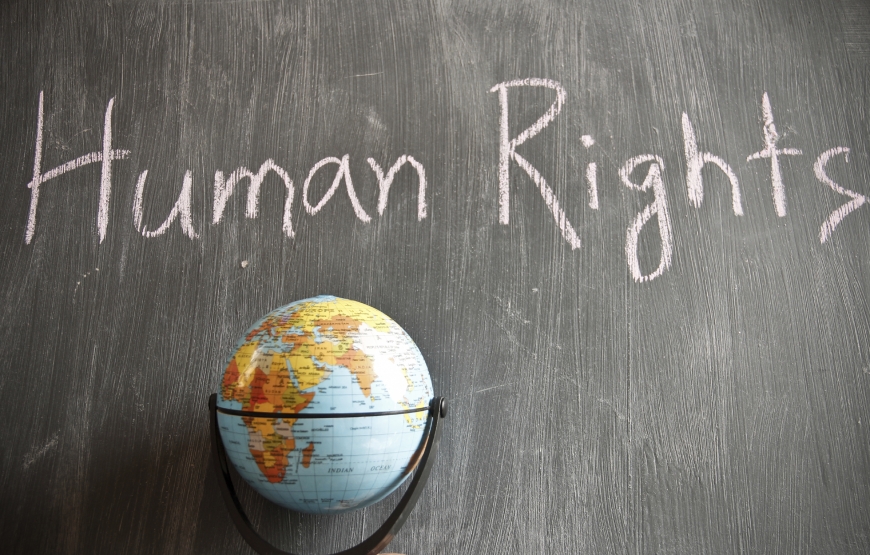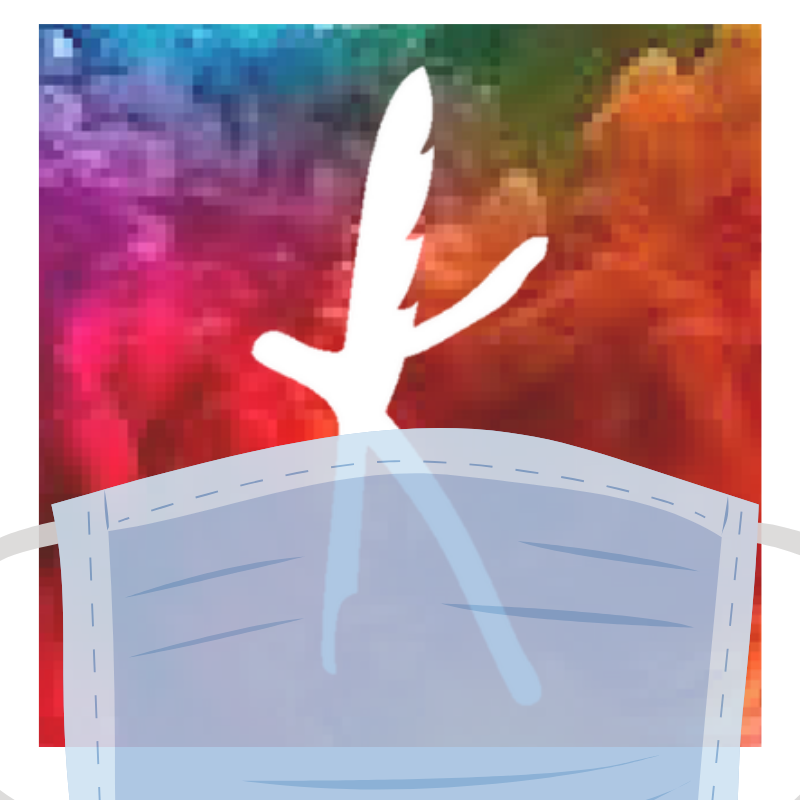
“I Know Why The Caged Bird Sings” – Maya Angelou
One of the most significant writers and activists of all time, Maya Angelou (1928-2014) is known for her poetry, memoirs, essays, and more. Her 1969 memoir, I Know Why The Caged Bird Sings, explores her early life, which includes sexual abuse. Writing poetry and stories helped her cope with this experience. The poem “I Know Why The Caged Bird Sings” contrasts the lives of two birds – one free and one caged. The free bird represents white society in America while the caged bird is the black American. With his wings clipped and feet tied, all the bird can do is sing:
The caged bird sings
with a fearful trill
of things unknown
but longed for still
and his tune is heard
on the distant hill
for the caged bird
sings of freedom.
This imagery can be applied to all marginalized groups held hostage by unfair systems. “Caged Bird” challenges the reader to hear the song and take action.
“Let America Be America Again” – Langston Hughes
Langston Hughes (1902-1967) was a crucial part of the Harlem Renaissance, a time in the 1920’s when black intellectualism, literature, and art flourished. Hughes was one of the innovators of “jazz poetry,” and he also wrote plays and short stories. In 1936, he published the poem “Let America Be America Again” in Esquire. He wrote it while on a train ride from New York to Ohio. It was a difficult time for the writer, as his mother had been diagnosed with breast cancer and his first Broadway play didn’t receive great reviews. Racism and criticism from within his own community hounded him.
“Let America Be America Again” centers on the American dream and brings up the point that for many Americans, the ideals of equality and freedom have never been realized. Powerful lines include:
I am the poor white, fooled and pushed apart
I am the Negro bearing slavery’s scars
I am the red man driven from the land
I am the immigrant clutching the hope I seek —
And finding only the same old stupid plan
Of dog eat dog, of mighty crush the weak.
Despite this juxtaposition of American ideals and the harsh reality, Hughes ends the poem on a hopeful note that one day, America will live up to its own standards.
“The Last Quatrain of the Ballad of Emmett Till” – Gwendolyn Brooks
Gwendolyn Brooks (1917-2000) is one of the most famous poets of the 20th century and the first black author to win the Pulitzer Prize. She was also the first black woman appointed as the poetry consultant to the Library of Congress. Her work is deeply informed by politics, especially from the 1960’s on. “The Last Quatrain of the Ballad of Emmett Till” is so brief, it can be included here in its entirety:
(after the murder,
after the burial)
Emmett’s mother is a pretty-faced thing;
the tint of pulled taffy.
